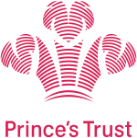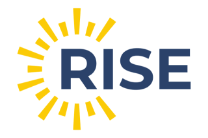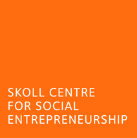OUR
PARTNERSHIP
ECOSYSTEM.
Our partners are all mission aligned to deliver programmes to the very highest standard, leveraging their networks of partners and digital presence to advance our collective goals.
The Toucan Project works alongside an ecosystem of trusted partners to embolden and give access to higher education to students, displaced individuals and to give the #nextgen of global leaders of the future a voice.
Joint Goals
The partnerships present a unique opportunity to scale the reach and impact of The Toucan Project and its partner organisations’ shared mission to empower talented young people looking for opportunities.
Together with its partners, The Toucan Project seeks to support talented young people to pursue opportunities for education, employment and volunteering that deliver social impact and change across the world.
We are committed to helping students who have traditionally been excluded, overlooked or marginalised in their communities and beyond, and where these students would otherwise lack the means to pursue these opportunities.

Collaboration with Partners
Through its network of trusted partners, The Toucan Project has a growing global talent community of exceptional young people, the Toucan Fellows.
Through this collaboration, we will also share best practice around talent sourcing, talent selection and programme creation and execution. The Toucan Project will also provide its trusted partners with access to its network of partner organisations and technology partners, to promote existing and foster further mutually beneficial, partnership opportunities.

- Delivering entrepreneurial development programmes
- Researching the state of entrepreneurship and how to unlock potential in neglected groups, communities and locations
- Building thriving entrepreneurial communities
- Engaging and informing policymakers and the public.
- NEF+ exists to create the next generation of entrepreneurial talent and future leaders.
- NEF+ now runs two cohorts per year, each lasting for 6 months, allowing participants to gain the vital skills to grow their business or lead change in scale-ups.
- NEF+ is building an inclusive future for the next generation of UK entrepreneurs.
Crowdcube is the world’s first and largest equity crowdfunding platform. They enable entrepreneurs to raise finance with the added benefit of being backed by everyday investors. For investors, Crowdcube provides a way to hand-pick a stake in an innovative business that traditionally would have been restricted to corporate investors. Crowdcube works with nearly every sector across the European market. Crowdfunding campaigns start at £150k, with the largest ever currently just shy of £20m. There have been over 1,200 raises totalling in excess of £1.2billion. The most active investor in the UK in 2020 (Beauhurst). Key sectors are tech and consumer goods.
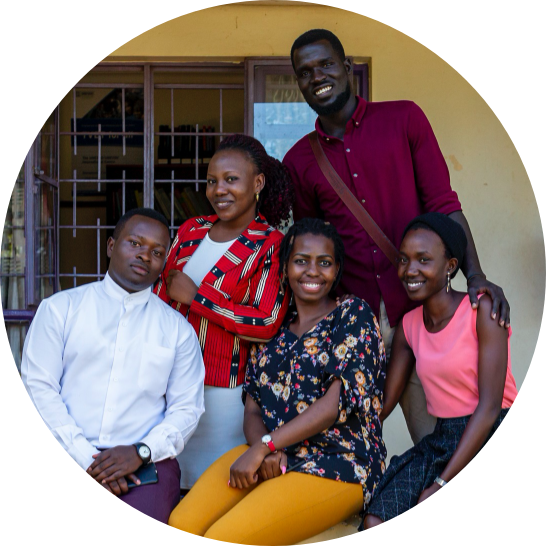
The DAFI (Albert Einstein German Academic Refugee Initiative) scholarship programme offers qualified refugee and returnee students the possibility to earn an undergraduate degree in their country of asylum or home country.
Through the dedicated support of the governments of Germany, Denmark and the Czech Republic, UNHCR and private donors, the programme has supported over 18,000 young refugees to undertake tertiary studies since 1992.
The strategic priorities of the DAFI programme are to:
Promote refugee self-reliance through increased access to opportunities for employment and entrepreneurship
Empower students to contribute knowledge, skills and leadership and to facilitate peaceful coexistence with host communities during displacement and upon return
Strengthen the protective impact of education by encouraging lifelong learning
Provide role models for refugee children and youth to demonstrate the impact of education on individuals, communities and societies.
The Prince’s Trust was founded in 1976 by HRH The Prince of Wales to help vulnerable young people get their lives on track.
The PT supports 11 to 30-year-olds who are unemployed and those struggling at school and at risk of exclusion. It runs a range of training programmes, providing practical and financial support to build young people’s confidence and motivation.
Each year, the PT works with about 60,000 young people, with three in four moving on to employment, education, volunteering or training.


Recognising that the world’s most important problems will be solved by tomorrow’s leaders, Schmidt Futures (New York) and the Rhodes Trust (Oxford) launched the RISE programme to increase opportunities for exceptional young people worldwide to serve their communities throughout their lives.
The Research on Improving Systems of Education (RISE) Programme is a global research endeavour that seeks to understand how education systems in developing countries can overcome the learning crisis.
RISE will build a lifelong community of students, teachers, and institutions across sectors who aim to serve others. The programme, which will seek young people between the ages of 15 and 17 from around the world, will be designed to encourage a lifetime of service and learning by providing support that could include scholarships, career services, and funding opportunities to help these leaders serve others for decades to come.
Shakespeare’s Globe Theatre (SGT) is a world-renowned theatre, education centre, and cultural landmark, located on the bank of the River Thames in London, UK. SGT proposes to use Toucan Fellow funding to recruit two full-time apprentices.
SGT partners in Southwark and inner London will allow it to reach and recruit from marginalised groups and hard to reach young people who may not be in education, employment or training (NEETs). In doing so SGT will contribute to redressing the lack of diversity within the cultural sector.
The two apprentices will work within one of the core departments at SGT and will be supported by a trained Globe mentor. The SGT People, Welfare and Inclusion Manager and the SGT training partner, be that Lewisham Southwark College, Newham College or indeed another education partner, will work in collaboration to support the apprentices in their search for future employment.
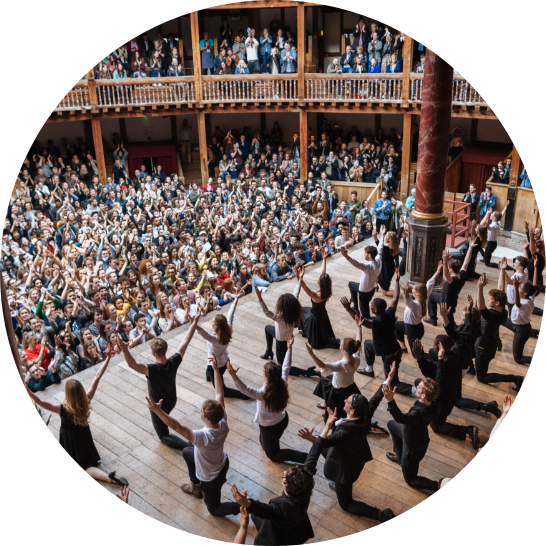
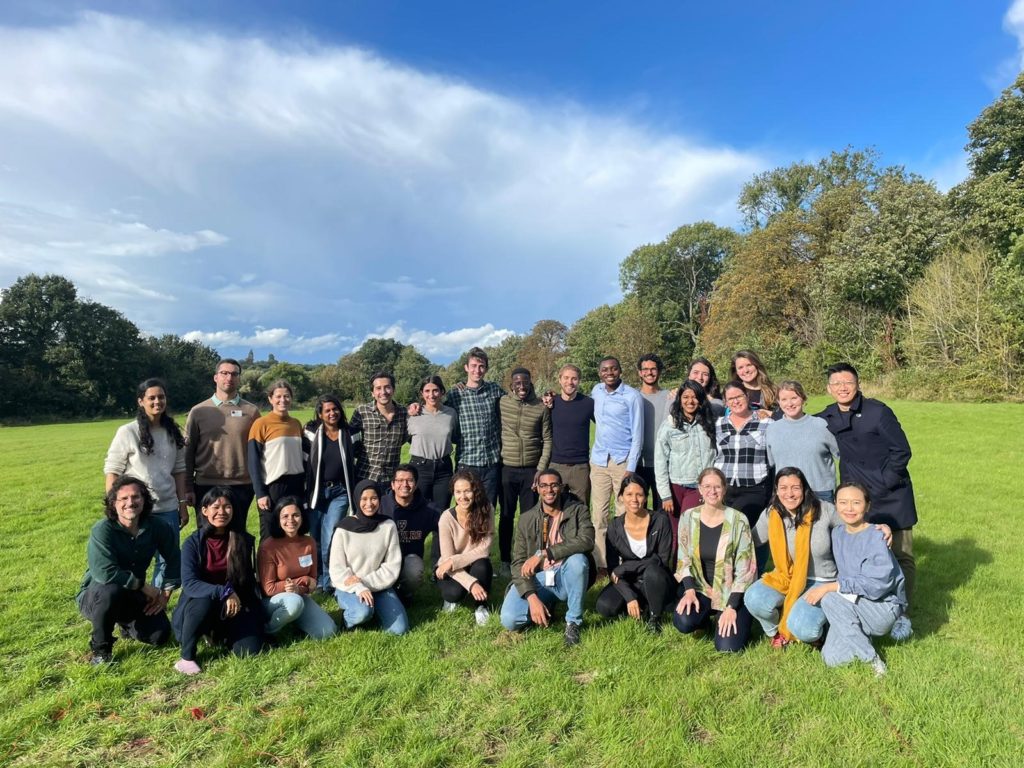
The Skoll Centre at Oxford University is a leading academic entity with a mission to accelerate the impact of entrepreneurial activity that aims to transform unjust or unsatisfactory systems and practices.
The Centre does this by:
- Cultivating talent and emerging leadership: Skoll offers world-class graduate education that provides students with the vision and skills to bring together market-based approaches and social innovation
- Supports actionable insight through research: generates research that contributes to the theory of social entrepreneurship and its practical applications to address critical global challenges whilst developing and supporting a network of academics and practitioners to disseminate this knowledge globally
- Catalyses deep exchanges with a global community of innovators: connects social entrepreneurs with thought leaders and key players in business, government, and philanthropy to enhance social impact.
Skoll Partnership
The Skoll Foundation partners with the Skoll Centre to demonstrate and accelerate the impact of social entrepreneurs by generating knowledge and advancing research with practical applications, developing leaders with business acumen and social innovation, and connecting social entrepreneurs with global leaders to enhance social impact.
Turquoise Mountain was established in 2016 by HRH The Prince of Wales to revive historic areas and traditional crafts, to provide jobs, skills and a renewed sense of pride. In blending heritage buildings, education and enterprise, Turquoise Mountain has created sustainable urban regeneration that hosts the revival of artisan industries. Turquoise Mountain now works in Afghanistan, Myanmar, Saudi Arabia and Jordan.
https://www.turquoisemountain.org
The following link provides a useful insight into the work Turquoise Mountain undertakes training the next generation of artisans in Jordan, thereby providing young people with careers and livelihoods.
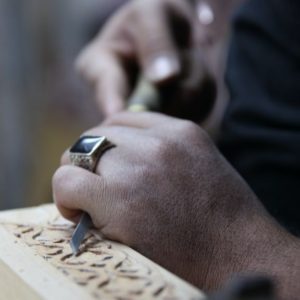
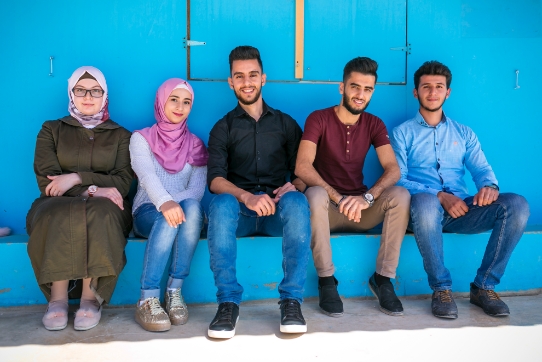
YOUTH EDUCATION PROGRAMME
The Youth Education Programme sets a new benchmark for initiatives seeking to ensure that more refugee youth have access to quality post-primary education. It is an investment in the future of refugee youth, unlocking their potential and leading them towards solutions.
Currently being piloted in Kenya, Pakistan, Rwanda and Uganda between 2017 and 2021, the Youth Education Programme will work with over 232,000 refugee youth. The global needs of youth dwarfs this number, and the programme aims to build on evidence from this first step, opening up further educational and economic opportunities on a wider scale.



